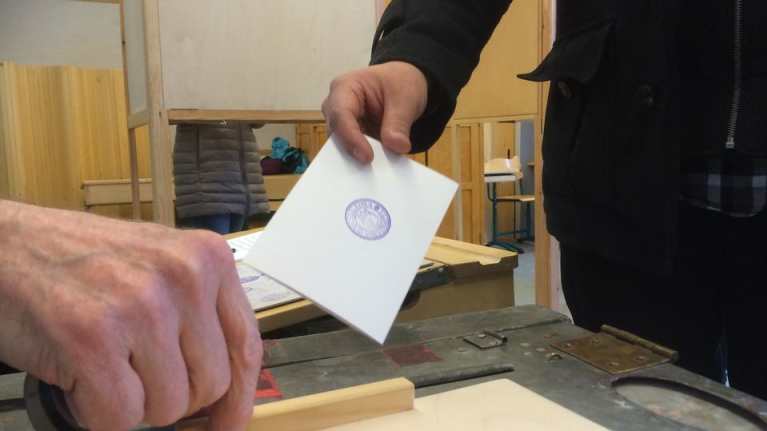One of the biggest political stories of the past decade was the election funding scandal that unfolded around the 2008 parliamentary election. Back then it emerged that candidates had taken money from associations with murky links and failed to declare their sources of funding properly afterwards.
In Kauppalehti on Wednesday there's a lead column by Markku Huusko on a new book looking at Finnish elections form 1945 to 2015. The book, by four well-known Finnish researchers, covers election financing.
"In Finland's electoral system individual candidates are very dependent on sponsors to offer them funding," writes Huusko. "These sponsors are associations, companies and private individuals. In this game the only limit is your imagination. When the thirst for power grows, the morals of several politicians and funders have been shown to be as flexible as an elastic band."
The book's authors suggest that there could soon be another election financing scandal. Male politicians have been much better funded than women even after the 2009 law on campaign finance reform. In 2015 male MPs in the SDP received some 10,000 euros more in election funding from associations than their female counterparts.
In the Centre Party, less than a third of MPs are women--a lower proportion even than in the anti-immigrant, conservative and populist Finns Party. Could this be linked to funding inequalities, asks Huusko?
Suburbs don't cut it for Helsinki students
Helsingin Sanomat covers a recurring autumn story: student housing. Students have little cash and there are not enough flats to go round, so they are surely clamouring for any accommodation that would allow them to save some money--right?
Wrong, says HS. The paper has a big feature on the student housing situation in the capital. HOAS, the student housing association, offers flats and rooms across the four municipalities in the metropolitan area. They say that many of their properties are not snapped up on the first go, as they're located too far from the centre.
Finnish students, it seems, favour the hip eastern district of Kallio and other neighbourhoods close to the city centre and the university. They don't want to live far away from the action--and they're willing to pay a premium for the privilege. Market rents in Kallio, for instance, can be as high as 800 euros for a studio apartment, when a room in a HOAS flatshare in a suburb could be as cheap as 250 euros.
Those cheaper places are popular with international students, but Finns don't seem keen. HS asked Valeria Kuschuk, a Russian student, about her spot in a dormitory in the eastern area of Kivikko. She said it was nice, but sometimes shared spaces weren't cleaned properly. There were also cultural differences.
"I'm happy that one tenant here is Russian, so we can chat," said Kuschuk. "Two other dorm-mates are Finns, they don't talk to each other or to me. But I understand, it's part of their culture."
Nazi priest diary
Ilta-Sanomat has a story on another new publication, this time about a Finnish priest who served with the Waffen SS in the Second World War. Ensio Pihkala was not with the Finnish SS batallion but among German soldiers, and therefore was more exposed to abuses--and crucially, more critical of them in his diaries.
The most senior Finn in the SS, Kalervo Kurkiala, had spent time with Himmler discussing the Finnish national epic Kalevala and reached the rank of _Obersturmbannführer. _Kurkiala's journal contains a cleaned up version of SS activities, with little mention, much less criticism, of German atrocities.
Pihkala, however, criticised executions of Jewish prisoners in Ukraine, the use of slave labour, and wondered how he had ended up among 'murderers and thieves'. He died in 1941 in an ambush in Ukraine.
